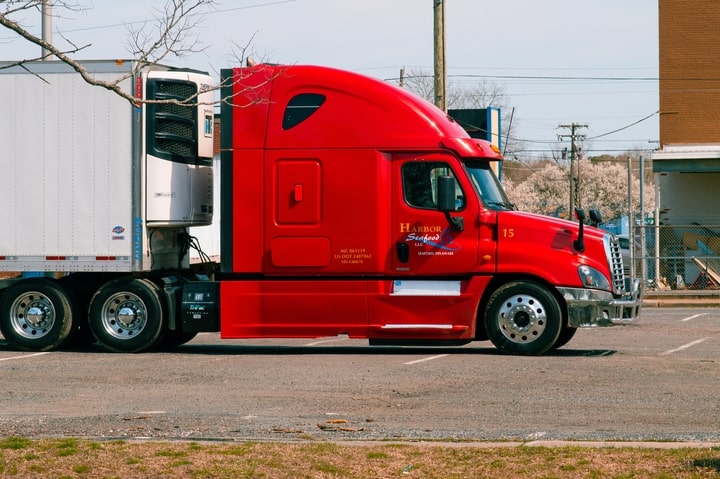
Over the past few decades, interstate commerce has greatly expanded throughout the United States.
As a result, trucking accidents are becoming more commonplace, even with federal safety rules in place.
After an accident, you may have several questions, including whether the driver violated trucking safety regulations.
Here are some of the basic rules that interstate carriers must follow when transporting goods.
Who Sets Safety Regulations for Trucking Companies?
Most trucking companies have regulations set by the Federal Motor Carrier Safety Administration (FMCSA). Any carrier who conducts commerce in more than one state or across borders must follow these rules.
Unfortunately, some motor carriers set tight deadlines for their drivers, leading to basic trucking safety violations that put others on the road at risk.
This is why it’s important to consult an experienced truck accident attorney who knows how to spot these possible violations.
Driving Safety
The FMCSA outlines the rules for operating commercial motor vehicles under 49 CFR § 392, which has numerous regulations regarding speed, driver impairment, and equipment inspection.
As mentioned earlier, some motor carriers set unrealistic expectations for delivery timelines.
These demands lead to truck drivers speeding to meet deadlines, which can lead to a serious accidents. According to section 392.6, a motor carrier can’t force its drivers to operate their vehicle at higher speeds than those legally allowed.
This means that if the driver receives a delivery deadline that’s only possible if they disobey the speed limit, their employer is most likely violating trucking safety regulations.
Another common way motor carriers may violate regulations is by making drivers work for too long or while they’re sick. In section 392.3, the FMCSA prohibits any truck driver from operating a motor vehicle while impaired by illness or fatigue.
Specifically, if the driver isn’t alert enough to drive, the motor carrier cannot let them operate the vehicle. To help prevent fatigued driving, the FMCSA has hours of service regulations.
Sections 392.4 and 392.5 also prohibit drivers from consuming alcohol while on-duty and possessing or using drugs.
Finally, section 392.7 outlines the inspection requirements for drivers. Before operating any commercial vehicle, the driver must check that the following parts are in working order:
- Service brakes,
- Parking brake,
- Steering wheel,
- Windshield wipers,
- Coupling devices,
- Safety equipment,
- Reflectors and lights,
- Rear-view mirrors,
- Wheels and rims,
- Tires, and
- Horn.
If any of these parts don’t work, they need to report it to the motor carrier immediately for repair or replacement.
Transporting Hazardous Materials
The FMCSA has special requirements for vehicles transporting hazardous or unsafe materials. This category includes materials like gas, flammable liquids, corrosives, and explosives.
Since these materials are often volatile, drivers must take extra precautions to keep others safe.
For example, section 397.11 states that a vehicle with hazardous materials can’t be parked within 300 feet of an open fire.
In addition, section 397.13 prohibits a truck driver or any other party from smoking within 25 feet of a commercial vehicle carrying certain materials.
Injured Due to a Negligent Motor Carrier? Call Us Now
If you have any questions about trucking safety regulations or need help filing a claim, the attorneys at Tawney, Acosta & Chaparro P.C., can help.
We know what’s at stake for you and your family after a traumatic accident. Our goal is to help manage your case from start to finish so you can focus on recovery.
We fight for our clients to get the best compensation available for their claims.
To schedule a free case review, contact us online or give us a call at (575) 222-1000. Our attorneys welcome clients throughout New Mexico and Texas.

